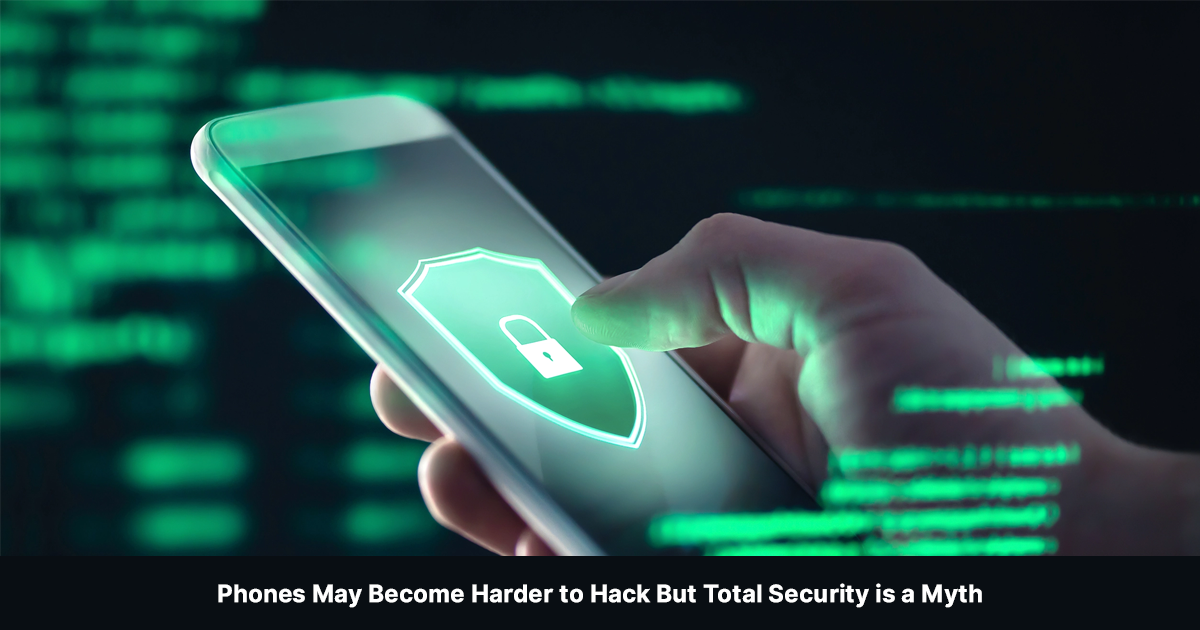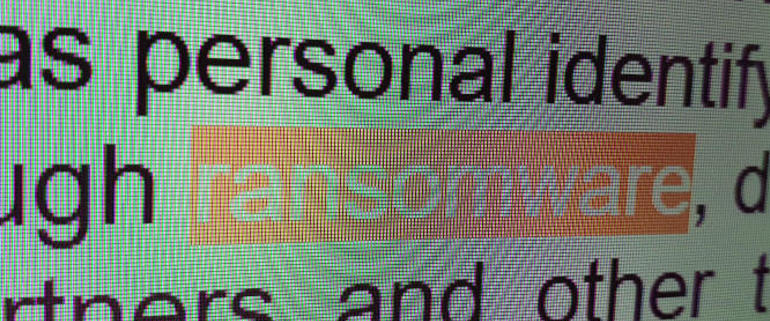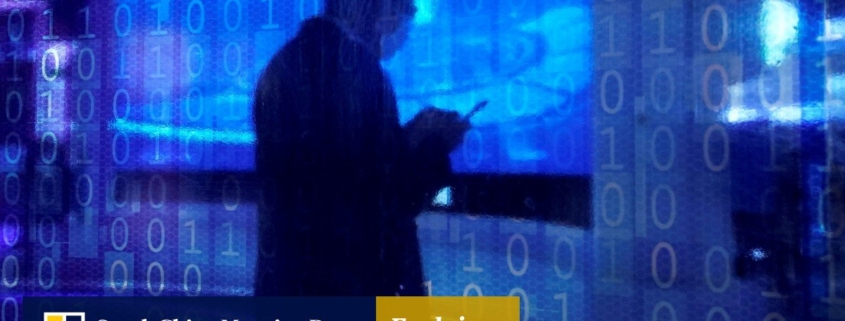Phones May Become Harder to Hack ButTotal Security is a Myth
Let’s just get things out of the way. There is no such thing as a secure, hundred-percent hack-proof network device. At least, not yet. However, that did not stop Apple from testing this theory most recently. The tech giant announced a specialized additional protection layer for its customers who are worried about cyberattacks.
Particularly customers who are worried about state-sponsored cyberattack software such as Pegasus. Apple calls it Lockdown Mode. In short, it is an added layer of protection that turns off possible points of invasion, but it seriously limits the device’s usability.
Let’s see where the supposed future of total digital security is faring.
What is Lockdown Mode?
Lockdown Mode is a feature on the newest iPhones that will be released this fall with the new iOS 16, iPadOS 16, and macOS Ventura. According to Apple, Lockdown Mode is an extreme, optional security layer for specific users whose digital privacy needs extra protection.
Apple itself cited the NSO Group, which developed Pegasus, as an example. The company mentioned that these users could feel threatened because of the work they do or the kind of life they lead, which will cause them to be targeted by state-sponsored spyware.
Think, journalists, and political and human rights workers that have been targets of state-sponsored attacks and violence across the world.
The feature is essentially a more simplified operating system and needs to be turned onmanually from the phone’s settings. Once selected, a reboot initiates the device in Lockdown Mode.
But this added simplicity comes at a cost, namely, convenience and performance. Navigating webpages with Lockdown Mode turned on feels drastically slower and janky as per initial hands-on reviews on the feature.
Preemptive compilation of webpages with the help of Just In Time JavaScript is turned off in Lockdown Mode, making webpages load much slower. However, this exception can be manually deselected for trusted websites.
Certain Apple services will be restricted too such as incoming invites and service requests for FaceTime calls unless the receiver initiated the call or sends a request. Messages will block link previews and will block…



